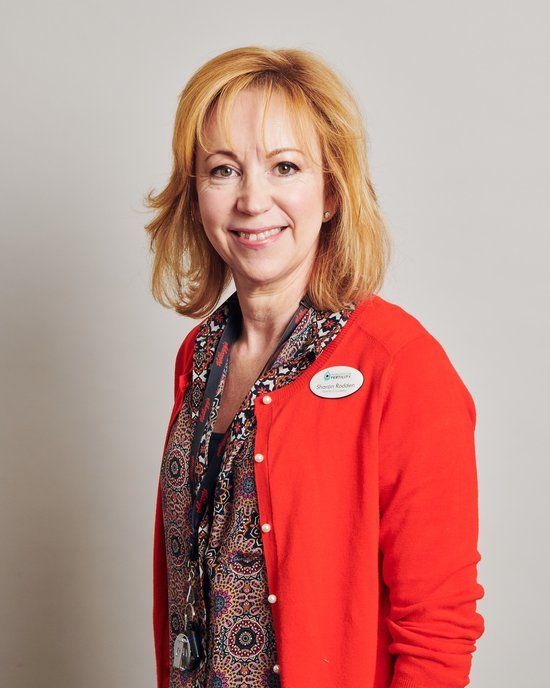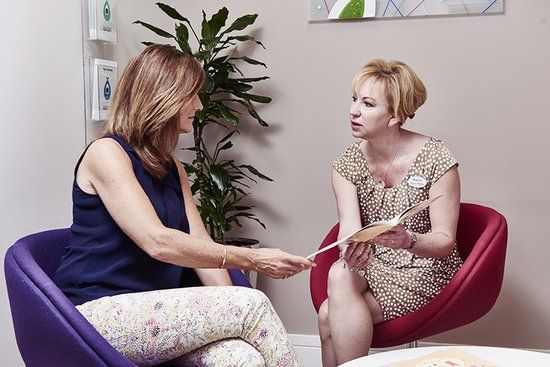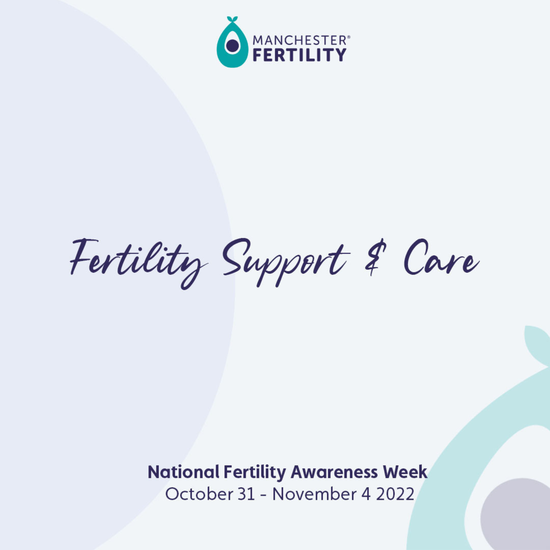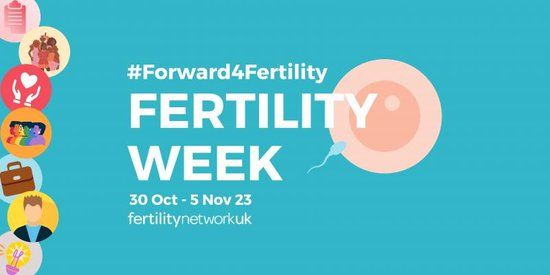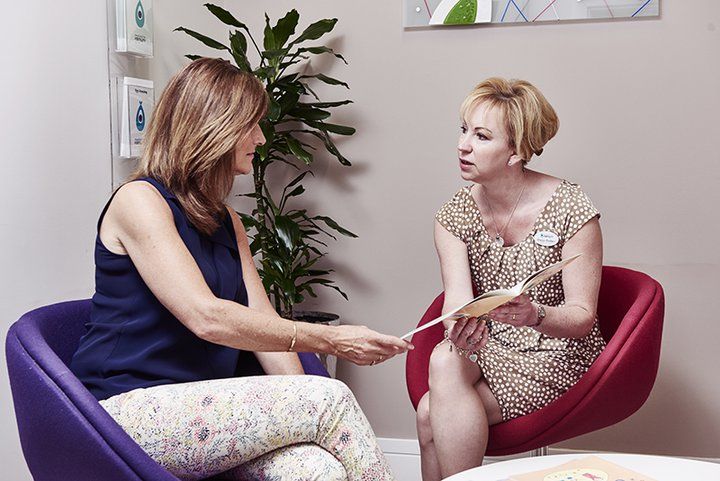
It’s hard to know what to say when you’re coping with infertility, not just to friends and family but also to each other.
Fertility Network UK are tackling the social issue of fertility etiquette as part of its National Fertility Awareness Week, advising how best to support anyone experiencing fertility issues.
Providing the right support is something we’re very experienced in at Manchester Fertility. Every patient we welcome is treated with care, sensitivity and respect, but we know from our patients’ experiences that outside our clinic doors, it can often be a different story.
Guiding patients on how to cope with typical everyday scenarios – from advice from well-meaning but ill-informed friends and family to telling work colleagues – is something our fertility counsellors do every day.
In our fourth blog for National Fertility Awareness Week, we talk about the importance of professional support when it comes to fertility etiquette and what you can talk about in a fertility counselling session:
Why is counselling part of fertility treatment?
Counselling is all about attending to your emotional needs, which when going through fertility treatment can be considerable. Whilst our fertility consultants take care of the best physical treatment to achieve pregnancy, our fertility counsellors look after your mental wellbeing.
This is especially important for people hoping to conceive with donor sperm, donor eggs or surrogacy as it has unique and complex implications.
But counselling conversations don’t only focus on your emotional feelings – it’s a sophisticated service that also deals with the impact of fertility treatment and the ‘welfare of the child’ in accordance with HFEA legislation.
Doesn’t seeing a counsellor imply I’m not doing well?
Accessing our counselling service doesn’t mean you’re failing to cope with your fertility problems – it means the opposite. By seeing a professional fertility counsellor to discuss how you’re feeling, in confidence and in private, you and your partner will each be in the best place emotionally to handle all the ups and downs of fertility treatment.
Our counselling team are here to listen, completely impartially, to support you and help you stay positive throughout your journey and in your relationships.
What sort of things will I talk about?
At Manchester Fertility we’re very focused on giving you a personalised and tailored counselling conversation, a two-way process that ensures we meet your needs.
Our confidential counselling service is an independent part of your treatment journey.
Although there’s no set agenda, common things many patients like to discuss include:
- Telling friends, family or work colleagues about fertility struggles
- Dealing with advice or comments from others
- Reactions and changed behaviours of close family and friends
- How your relationship with your partner is affected
- Unexpected emotions and reactions to everyday scenarios
- Issues unique to treatment with donor sperm, donor eggs and surrogacy including future factors relating to donor-conceived children
- The social implications of your treatment and how you’re creating your family – in particular if using donor sperm or donor eggs
How often will I see a counsellor?
You can access our counselling service anytime you need it, before, during or after treatment. Two sessions are automatically included in every treatment cycle, which can be increased if you feel you need further help.
In addition to our counsellors’ professional guidance, the Manchester Fertility clinical team is also here to support you at every stage of your journey, providing a shoulder to lean on and someone to talk to informally.
Manchester Fertility: Our patient-focused approach
Counselling is part of our comprehensive patient support services, which also include fertility diet and nutrition consultation to help you prepare for treatment, acupuncture for IVF and midwifery expertise and support as you await treatment outcome and in the first weeks of pregnancy.
Learn more about Manchester Fertility and our award-winning innovations. If you’d like to start fertility treatment with us, simply self-refer here and we’ll be in touch, or call our friendly Patient Advisors on 0161 300 2737.
Our final blog on Friday for National Fertility Awareness Week is all about getting pregnant, including tips and advice and how to get help if you're struggling to conceive.
Last updated: 20th January 2020

